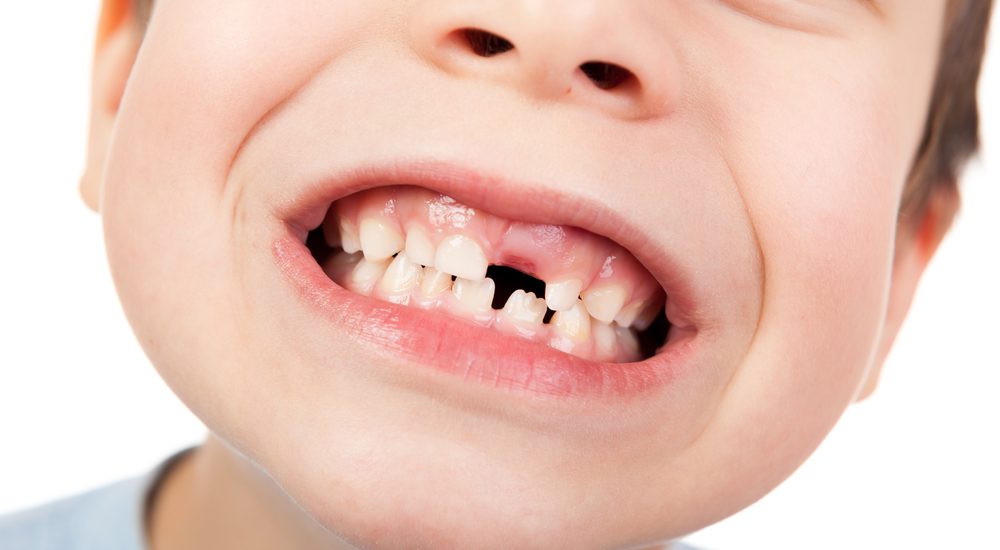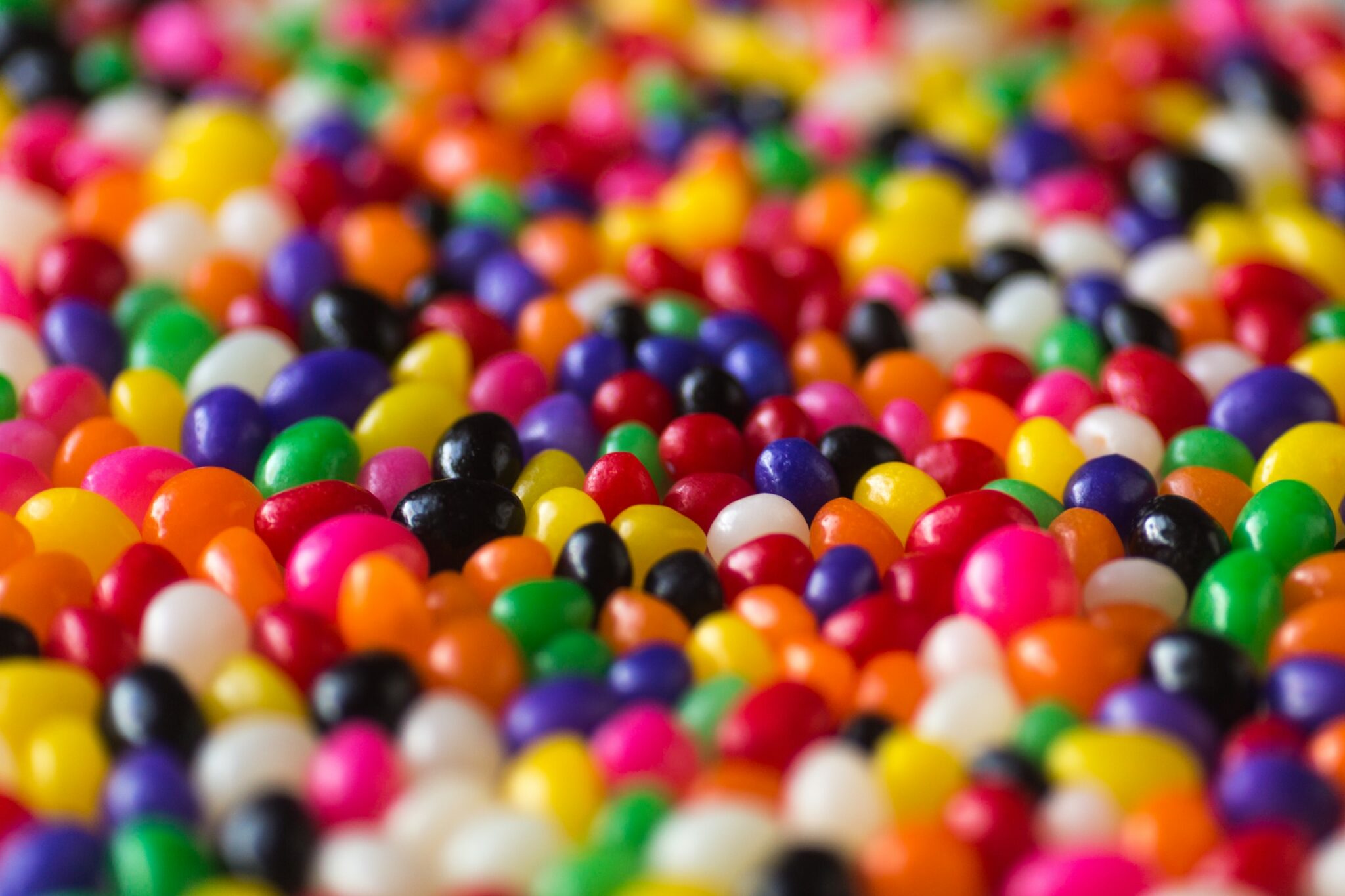Your child’s smile lights up your world, so a few crooked teeth may not seem like a big deal. But while we agree that every smile is uniquely beautiful, orthodontic issues can cause some widespread health problems, affecting everything from speech to mental wellbeing. That’s why it’s important to address dental misalignment as early as possible.
At Smiles Dentistry for Kids in Overland Park, KS, we encourage parents to bring their kids in as soon as their first teeth appear. That way, Dr. Matt and Dr. Craven can monitor dental development and look for any early signs of misalignment. As your child gets older, we can recommend appropriate treatment, referring you to a trusted orthodontist, if needed. We can also help to minimize the related effects of crooked teeth.
To schedule an appointment for your child, contact us today.
1. Increased Risk for Tooth Decay and Gum Disease
Even slightly crooked teeth can increase your child’s risk for oral health problems. When teeth overlap, it’s more difficult to clean between them and more likely that food and bacteria will become trapped. This allows plaque and tartar to build up, eventually penetrating the interior of the teeth and causing cavities.
Bacteria can also spread below the gums, where they will create pockets. This condition is known as gum disease, and it can cause significant pain, bleeding, and even tooth loss.
2. Bad Breath
When bacteria and plaque are stuck between the teeth, it can also lead to chronic bad breath, or halitosis. If your child has unexpectedly potent morning breath, crooked teeth could be to blame. (Though this is certainly not the only reason for bad breath.)
3. Speech Problems
The teeth play a key role in the pronunciation of fricative sounds (e.g., “f,” “s,” and “sh,” among others) and affricate sounds (“ch” and “j”). If your child has significantly misaligned teeth, it can affect tongue placement and the pronunciation of those sounds. Lisps and mumbling may also be the result of crooked teeth. Note that in some cases, your child may need speech therapy, in addition to orthodontic treatment.
4. Potential for TMJ Disorder
If your child’s overall bite is misaligned, this could strain their jaw joints (TMJs), inflaming the muscles or even damaging the joints themselves. One or two crooked teeth are unlikely to cause such severe effects, so in these cases, your child may need more significant orthodontic treatment.
5. Decreased Self-Esteem
You think your child’s smile is beautiful no matter what, but adolescents can be very self-conscious about their appearance, especially if they are teased or bullied. Alarmingly, low-self esteem can lead to even more serious consequences. 75% of teenage girls with low self-esteem report engaging in self-destructive activities, like cutting, drinking, smoking, or disordered eating. And boys can also be quite embarrassed by their looks.
Fortunately, there are many subtle orthodontic treatments that can enable teens and adolescents to straighten crooked teeth without the embarrassment of traditional metal braces.
Contact Smiles Dentistry for Kids
Learn more about dental alignment and find out the right treatment option for your child.
Contact our Overland Park office to book an appointment. You can reach us online or call or text (913) 685-9990.









